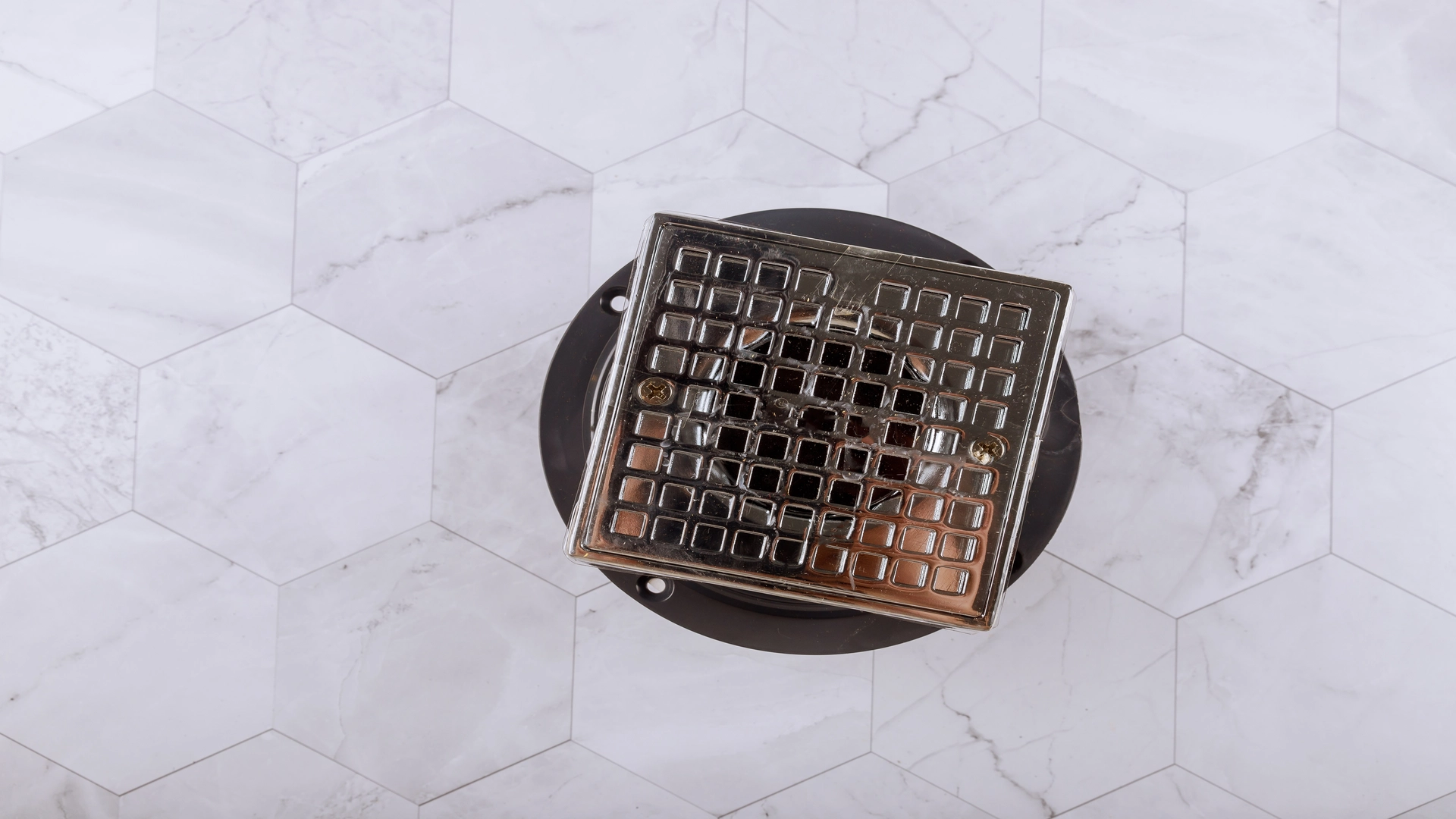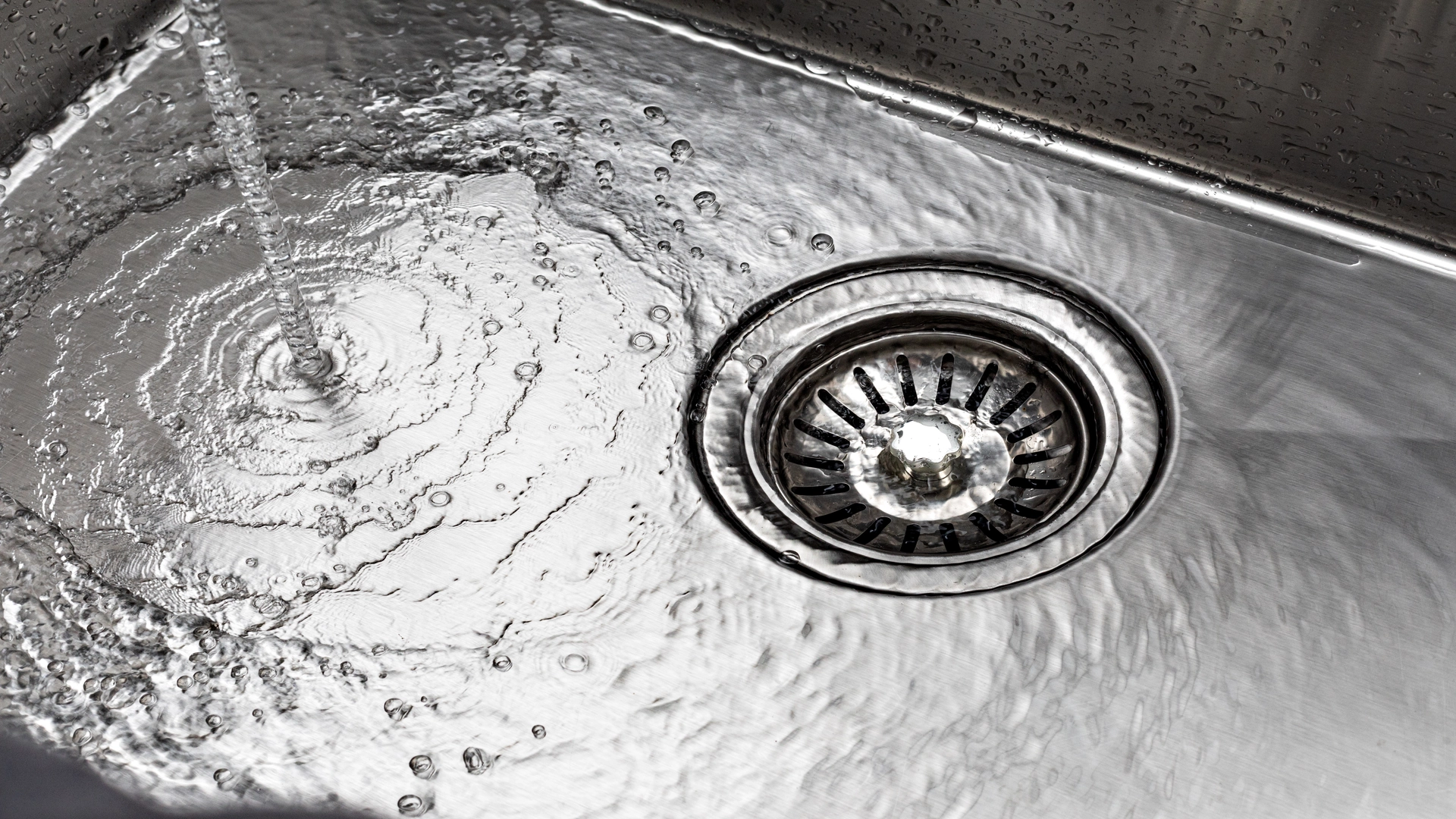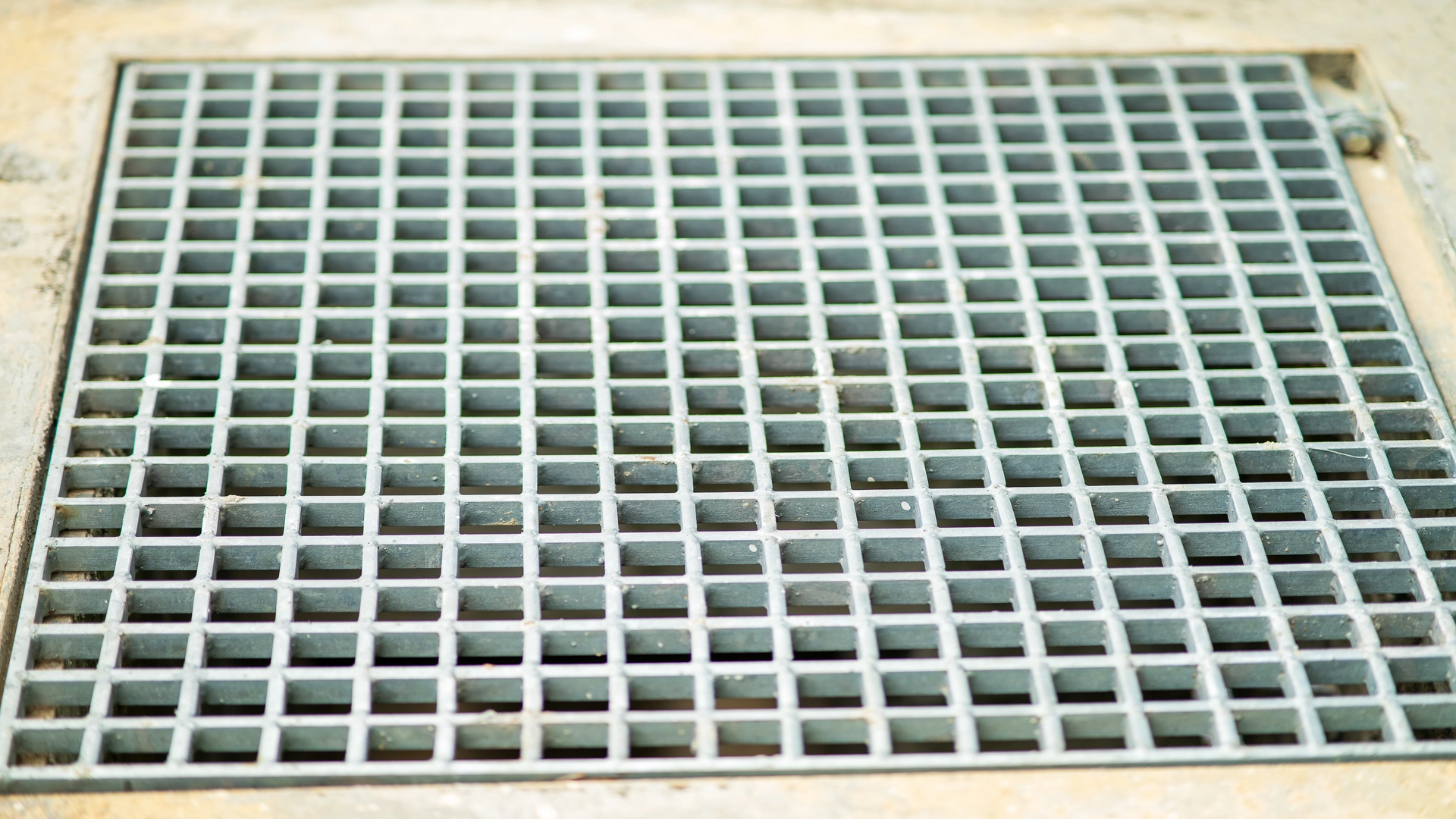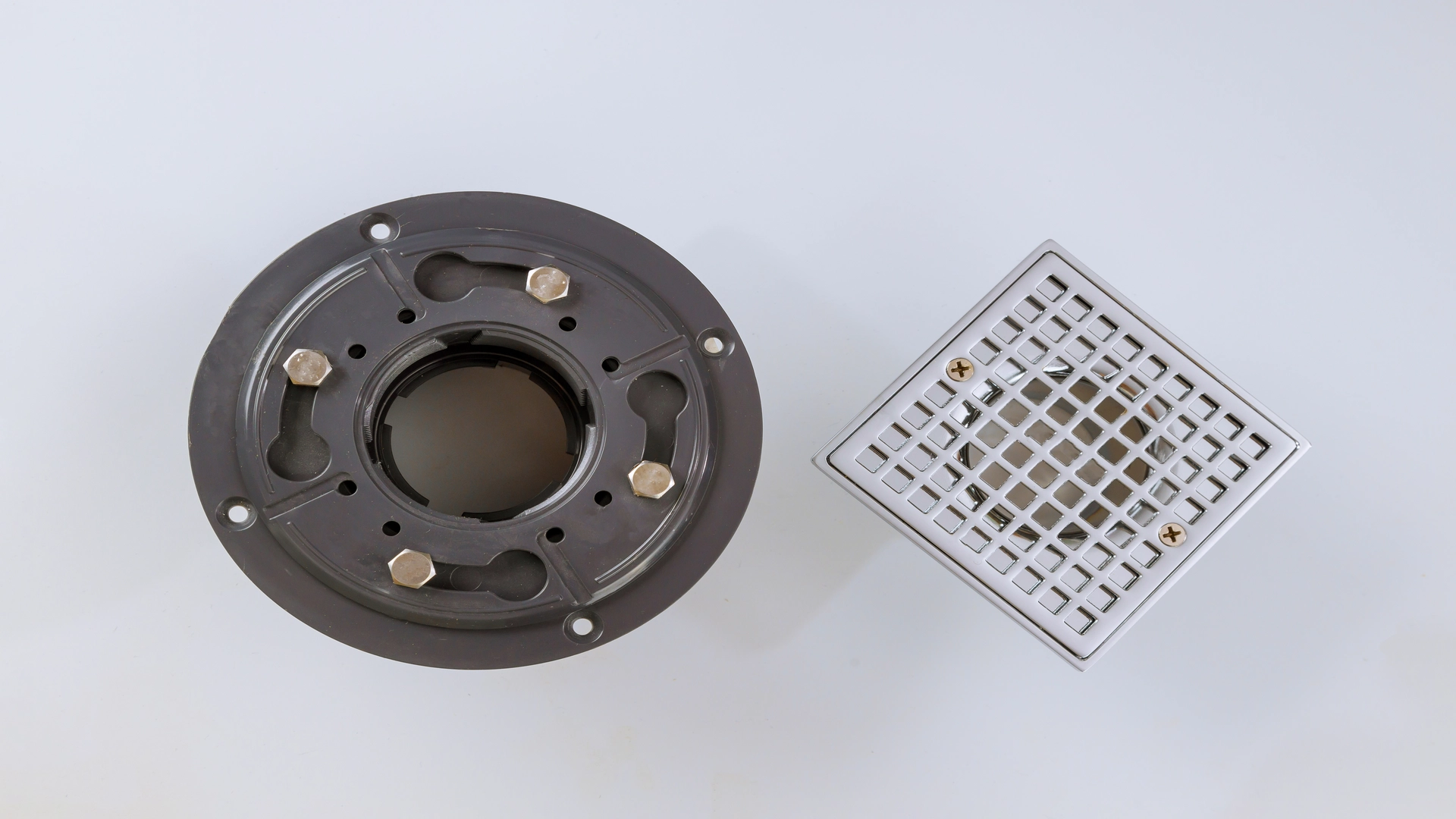Dealing with a basement floor drain backing up can be a frustrating and messy situation. Whether it’s a minor inconvenience or a major problem, addressing it promptly is crucial to prevent further damage. In this comprehensive guide, we’ll walk you through the process of fixing a backed-up basement floor drain using a straightforward do-it-yourself (DIY) method.
Understanding the Causes
Understanding why your basement floor drain is backing up is super important if you want to fix it yourself. When your basement floor drain gets all clogged up, it’s crucial to figure out why it’s happening so you can solve the problem for good. One big reason is that stuff like dirt, hair, or soap scum builds up and blocks the drain over time. Another thing that can cause trouble is tree roots sneaking into the pipes, or if a bunch of gunk slowly builds up and causes a blockage.

Sometimes, if the drainage system wasn’t put in right or got damaged, that can also lead to backups. By knowing these things, you can use easy do-it-yourself methods to get rid of the issue. Doing regular checkups and cleaning can help stop this from happening again. It’s super important to fix these problems fast so your basement floor drain works smoothly and you don’t end up with water damage issues.
Assessing the Severity
When your basement floor drain is acting up, it’s super important to figure out how bad the problem is so you can fix it yourself. First, take a good look to see how much water is there and if you notice any yucky stuff floating around. Smells or weird sounds could mean a bigger issue. Try using a plunger to push out any stuff blocking the drain. If that doesn’t work, you can use a plumber’s snake to get rid of deeper clogs. Remember, checking how bad the problem is helps you pick the right DIY steps and keeps things from getting worse. Knowing the size of the issue makes fixing it way easier!
Essential Tools and Materials
Dealing with a backed-up basement floor drain? Don’t worry! Before you dive into fixing it yourself, make sure you have some basic tools ready. Get yourself a strong pair of gloves to keep your hands safe. Grab a reliable plunger to help clear out any blockages causing the backup. You’ll also need a bucket and mop to handle any water spills.

For more stubborn clogs, a plumbing snake or auger can come in handy. If it’s just a minor blockage, everyday items like baking soda and vinegar can be a natural and eco-friendly solution. These tools and materials are like your trusty sidekicks, making it easier for you to tackle the basement floor drain backing up issue step by step. So, let’s get started and make this DIY fix a breeze!
Step-by-Step DIY Repair Guide
Now, let’s get hands-on. Follow these step-by-step instructions to tackle the basement floor drain backup:
Assessment
In our “Step-by-Step DIY Repair Guide” for fixing common home problems, we’re taking a close look at the annoying issue of “basement floor drain backing up.” But before we jump into fixing things, we’ve got to do some detective work to figure out what’s causing the drain trouble.
First off, grab a flashlight and check around the basement floor drain. Look for anything that shouldn’t be there, like clogs or bits of stuff. Also, keep an eye out for water damage or leaks nearby. Shining the flashlight down the drain, see if there’s anything blocking the pipe.
Now, let’s get hands-on. When you run water through the drain, feel for anything weird – like things aren’t flowing smoothly. This first step helps us get to the bottom of the basement floor drain backing up problem. Stick with us, and we’ll guide you through fixing it step by step!
Clear Debris
When your basement floor drain is acting up, the first big thing to do is to get rid of the stuff causing trouble. It’s super important! Start by checking out the drain to see if there’s anything blocking it, like dirt, leaves, or small things. Use strong gloves to protect your hands, and grab a plumbing snake or a wire brush to gently poke around and get rid of anything in the pipe.
Also, pour hot water down the drain to make sure everything flows smoothly. This careful cleaning not only solves the immediate problem of a backed-up basement floor drain but also helps keep your drainage system working well for a long time. By getting rid of the debris in a smart way, you’re making sure water goes where it’s supposed to go and reducing the chances of more issues in the future.
Utilize a Drain Snake
When your basement floor drain is all clogged up and you’re knee-deep in water, grab a drain snake for a DIY fix. Start by clearing space around the drain. Now, gently slide the snake into the drain and wiggle it through the pipe, bending around corners. Take your time; don’t rush! When you feel something blocking the way, spin the snake’s handle to smash through the clog. Pull out the snake, and there you go – you’ve beaten the annoying blockage. It’s a simple but super effective way to deal with basement floor drain issues. Plus, it’s cheap and makes you feel like a home repair hero!
Flush with Water
When your basement floor drain is causing trouble, trying to fix it yourself can be a bit tricky. But don’t worry, we’ve got a simple plan to help you out! First things first, let’s pour a bucket of hot water down the drain. This hot water will break down any yucky stuff causing the backup. Next, grab a plunger and give it a good push up and down to get rid of any possible blockages.

If that doesn’t do the trick, mix some baking soda and vinegar, let it sit for 15 minutes, and then flush it with more hot water. This natural mix will help break down stubborn clogs. And for those really stubborn clogs hiding deep down, a plumbing snake can come to the rescue. Keep flushing with water at each step to make sure everything gets cleared up nicely. Say goodbye to that annoying basement floor drain backing up problem!
Inspect for Damage
When you start fixing a basement floor drain backup problem on your own, the super important first step is to carefully “check for damage.” This is especially true when dealing with that annoying issue of water backing up in the basement floor drain. Begin by looking closely at the area around the drain. See if there’s any water damage, bad smells, or things blocking the way. Then, slowly move your eyes to the drain itself.
Make sure there are no things clogging it or causing the backup. Check for cracks or leaks in the pipe that connects to the drain—those can be part of the problem too. Now, look at the floor around the drain. Check for any spots that look different or feel wet. These could be signs of bigger water problems. By carefully looking for damage, you’re setting the stage for a good DIY repair. You’re dealing with the issues right where they start and stopping more problems down the road.
Prevention Tips
Prevention is the best cure. Once you’ve fixed the issue, consider these tips to keep your basement floor drain trouble-free:
Regular Maintenance
Keeping your basement in good shape is super important to avoid problems like your basement floor drain backing up. It’s like giving your house a regular checkup to make sure everything works smoothly. First, take a look at your basement floor drain often to see if there’s anything blocking it, like stuff or water building up. If you spot any issues, you can use a plunger or a plumbing snake to get rid of small blockages and keep things flowing well.

Another trick is to pour a mix of hot water and vinegar down the drain to break down any grease or soap buildup. It’s a good idea to have professionals check your plumbing once a year. They can find and fix potential problems before they become big headaches. By doing these easy checks and fixes, you can lower the chance of your basement floor drain backing up. This way, your drainage system stays in top shape, and your basement stays dry and safe.
FAQ Section
How can I tell if my basement floor drain is backing up?
To check if your basement floor drain is backing up, pour some water into it. If the water doesn’t drain or drains very slowly, it might be a sign of a backup. Also, look for any water or sewage coming up from the drain. Unpleasant smells or gurgling sounds could indicate a problem too. If you notice any of these signs, it’s a good idea to get it checked by a plumber.
Can I use chemical drain cleaners for a basement floor drain backup?
It’s not a good idea to use chemical drain cleaners for a basement floor drain backup. Chemicals can be harsh and may not effectively solve the problem. Instead, consider using a plunger or a drain snake to clear the blockage. If these methods don’t work, it’s best to call a professional plumber for help.
How often should I perform maintenance on my basement floor drain?
You should clean your basement floor drain regularly, ideally every few months, to prevent clogs and ensure it works properly. Regular maintenance helps avoid potential problems and keeps the drain functioning smoothly.
Can I prevent basement floor drain backups in the future?
To stop your basement floor drain from getting clogged, follow these easy steps:
1. Keep it Clean: Regularly clean the drain to get rid of dirt and stuff that can block it.
2. Use a Backwater Valve: Think about putting in a backwater valve. It lets water out but stops it from coming back in, so your drain won’t get backed up.
3. Be Careful What You Flush: Don’t flush things like grease, hair, or big stuff down the drain. Throw those things in the trash instead.
4. Check Your Pipes: Look at your pipes now and then for leaks or problems. Fix them quickly to stop water from getting into the drain.
5. Watch Your Water Use: Pay attention to how much water you’re using, especially when it’s raining a lot. Use less water during storms to keep your drain from getting overwhelmed.
These steps will help you avoid basement floor drain problems in the future.
When should I seek professional help for a basement floor drain backup?
If your basement floor drain is backing up, it’s a sign of a potential problem. You should get professional help when you notice this issue because it could indicate a blockage or a more serious plumbing issue. Professionals have the knowledge and tools to identify and fix the problem, preventing further damage to your basement and ensuring the proper functioning of your drainage system. Don’t wait; seek help as soon as you notice the backup to avoid complications.
Conclusion
Fixing a basement floor drain backup doesn’t have to be a daunting task. With the right knowledge and tools, you can address the issue promptly and prevent future occurrences. Remember, regular maintenance is key to a healthy drainage system. By following this DIY guide and incorporating preventative measures, you can ensure a dry and hassle-free basement for years to come.
